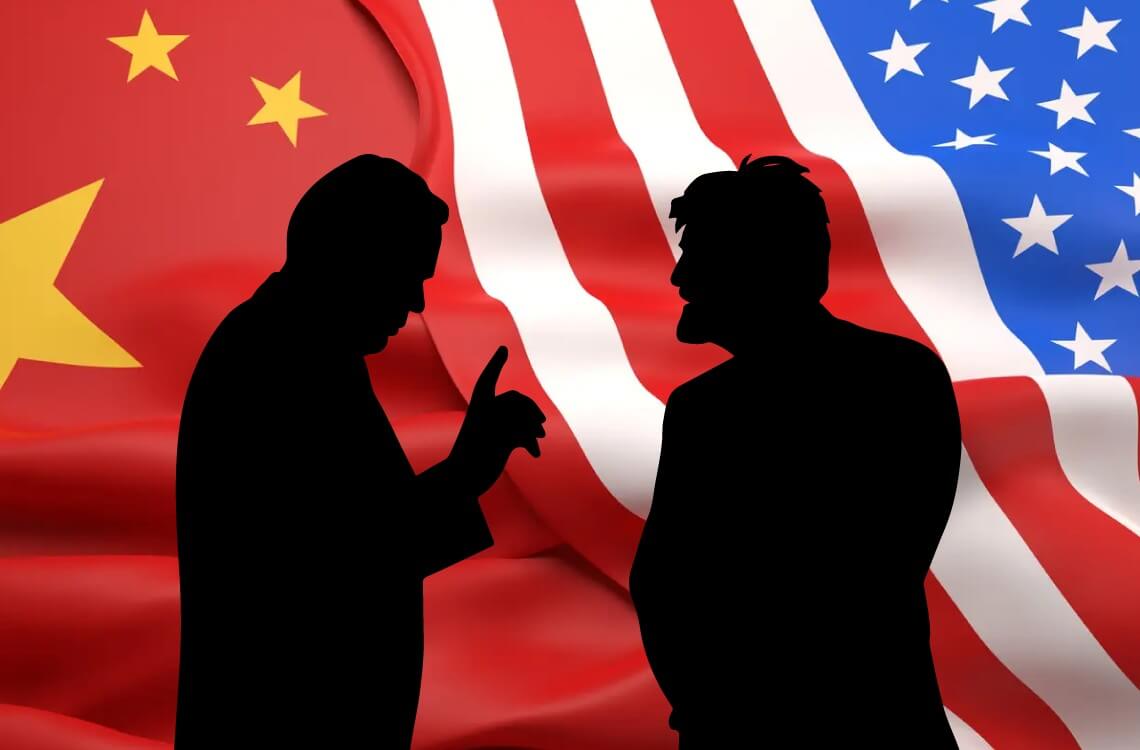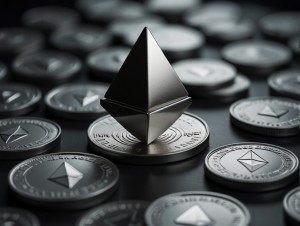The rivalry between superpowers is nothing new, and the arena of this competition has once again shifted to technology. With silicon chips driving the next industrial revolution, the U.S. has made a clear statement: China and other nations of concern won’t get their hands on any part of the whopping $52.7 billion chip fund raised under the landmark “Chips and Science” law.
Bit greedy, no? But perhaps not. Let’s take a closer look.
Guardrails in Play: No Chips for Adversaries
In a move that spells caution and protectionism, the U.S. Commerce Department is issuing final rules to keep semiconductor manufacturing subsidies from benefiting nations like China and Russia.
These nations, deemed by the U.S. as posing national security threats, will find it challenging to expand their chip manufacturing capabilities using U.S. funds.
The rules, which were initially proposed back in March, seek to put a solid fence around where and how the semiconductor production funds can be used.
So, companies planning to set up or expand semiconductor manufacturing units in countries listed as concerns will be out of luck. The same goes for those considering joint research or technology licensing projects with entities from these nations.
To further solidify this stance, the department had previously launched new export controls last October, thereby preventing China from accessing specific semiconductor chips made using U.S. equipment. This move was an evident bid to stymie Beijing’s aggressive technological and military growth.
A Cautious Approach: The Details that Matter
According to the U.S. Commerce Secretary Gina Raimondo, there’s a palpable pressure to ensure that none of the funds help China or similar countries gain an advantage.
If any funding recipients decide to play a fast one and violate these restrictions, they’ll have to deal with the consequences. The Commerce Department holds the authority to recall any federal awards handed out, making it a risky gambit for any company considering defying the set guidelines.
While there’s urgency in distributing these funds and boosting the U.S.’ semiconductor industry, Raimondo believes in doing things right. Even if it means delays of a few weeks or a month, ensuring compliance and protecting national interests remains the priority.
The newly minted regulation has set some detailed guidelines for funding recipients. They cannot significantly boost their semiconductor manufacturing capabilities in countries listed as concerns for a decade.
While some joint research or technology licensing projects with foreign entities have been restricted, exceptions have been made for international standards, patent licensing, and certain foundry and packaging services.
Furthermore, these rules offer clarity on what constitutes an expansion in the semiconductor manufacturing arena. An increase in cleanroom or other physical spaces or a surge in production capacity of over 5% will be considered a material expansion. Adding new cleanroom spaces or production lines that lead to a facility’s production capacity exceeding 10% is off the cards.
In essence, the U.S. has fortified its approach to ensure that certain semiconductors, crucial for national security, remain within its jurisdiction. As the technology landscape becomes the new battleground, it’s clear the U.S. won’t easily yield ground, especially when it concerns the intricate and essential world of semiconductor chips.





